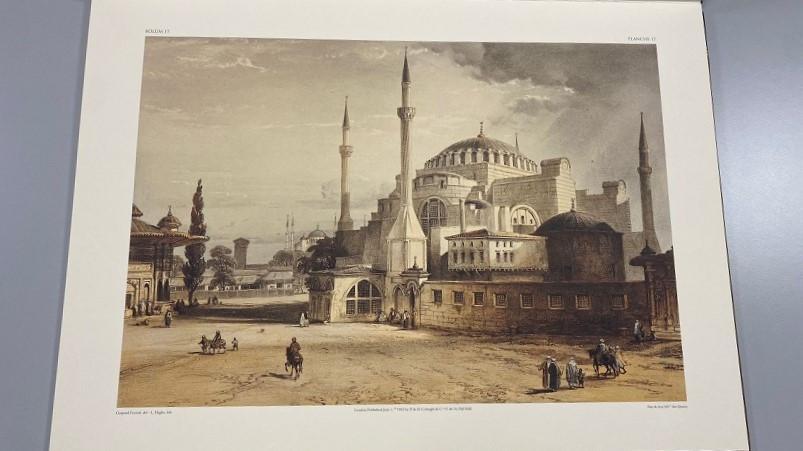Two axes clash in Turkish politics
There are interesting developments in two areas currently affecting the dynamics of Turkey's domestic political scene.
One of them is the government’s initiative in pursuit of finding a political solution to the Kurdish problem, which was suddenly thought to be in jeopardy with the killing of two pro-Kurdistan Workers' Party (PKK) demonstrators after police opened fire in Yüksekova, near the Iranian and Iraqi borders last weekend. The other one is the escalating row between the government and the U.S.-based religious scholar Fethullah Gülen’s "Hizmet" (Service) movement, which used to be one of the strongest allies of Prime Minister Tayyip Erdoğan’s Justice and Development Party (AK Parti) until a few weeks ago.
First, the Kurdish issue. The incidents in Yüksekova started last Friday, Dec. 6, when a group started a rally protesting the alleged destruction of some graves of militants belonging to the outlawed PKK. The police intervened, opened fire, (after being fired upon by long range weapons, according to Interior Minister Muammer Güler), and two young protesters were killed.
Follow-up protests immediately started across the country. On Saturday afternoon, Dec. 7, PKK supporters clashed with the police near Takism in Istanbul, resisting the dispersal of their sit-in.
Prime Minister Tayyip Erdoğan dismissed reactions in Parliament from the Peace and Democracy Party (BDP), which shares the same grassroots as the PKK, and said those “who do not want the process to be successful” were responsible for the attacks, without pointing at the PKK directly. On the very same day, a BDP delegation went to the İmralı Island prison to visit Abdullah Öcalan, the founding leader of the PKK. The message they were to bring back from İmralı was important. Would Öcalan interpret the Yüksekova incidents as the end of the undeclared ceasefire and burn bridges, or would he take a milder position? He did the latter, and also said there could be a “provocation” behind the incidents to end the peace process.
Öcalan’s position was endorsed by Zübeyir Aydar, one of the PKK chiefs in Europe, who said they had immediately started an internal investigation to expose the “provocation,” and urged the government to do the same. If necessary, they could help the government, he added.
However, as two rivals approach each other to keep the peace initiative alive, the confrontation between two old and natural friends is getting worse. The row that started around three weeks ago over the private supplemantery schools, some of which are run by Hizmet-sympathizing businessmen, has gradually turned into mutual threats by both Prime Minister Tayyip Erdoğan and Fethullah Gülen to step back, or else. What might “or else” be?
Erdoğan said in a public address over the weekend that if he revealed the true reason for the campaign, “it may trigger tremors.” Amid “What are you waiting for?” calls from the opposition parties, Gülen said in a video record released on Dec. 9 that he had used his influence years ago and stopped the release of a secretly recorded video of a Turkish politician with a “promiscuous woman.” If he had not done so, the person would probably not be in the high position he has today, he added.
Will the row between two piously Muslim and conservative public figures become tenser, and perhaps then overturn the current situation? Nobody knows. But it has the potential to deeply affect Turkey's domestic political balances as the country approaches three elections over the next 18 months.











